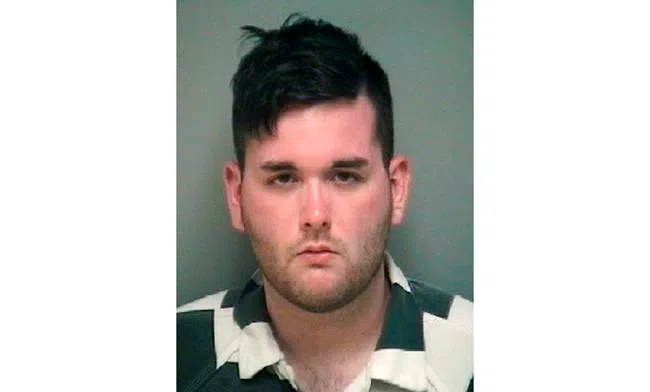
Man charged in white nationalist rally to argue self-defence
CHARLOTTESVILLE, Va. — An Ohio man charged with killing a woman during a white nationalist rally in Virginia plans to argue that he believed he was acting in self-defence when he drove his car into a crowd of counterprotesters.
A lawyer for James Alex Fields Jr. offered a glimpse of the defence strategy as jury selection began Monday in Charlottesville, 15 months after this quiet Virginia city became a flash point for race relations in the U.S.
The “Unite the Right” rally on Aug. 12, 2017, rally drew hundreds of white nationalists to Charlottesville, where officials planned to remove a statue of Confederate Gen. Robert E. Lee. Hundreds more showed up to protest against the white nationalists.
The two sides began brawling before the rally got underway, throwing punches, setting off smoke bombs and unleashing chemical sprays. Later, 32-year-old Heather Heyer was killed when a car authorities say was driven by Fields plowed into a crowd of counterprotesters.
